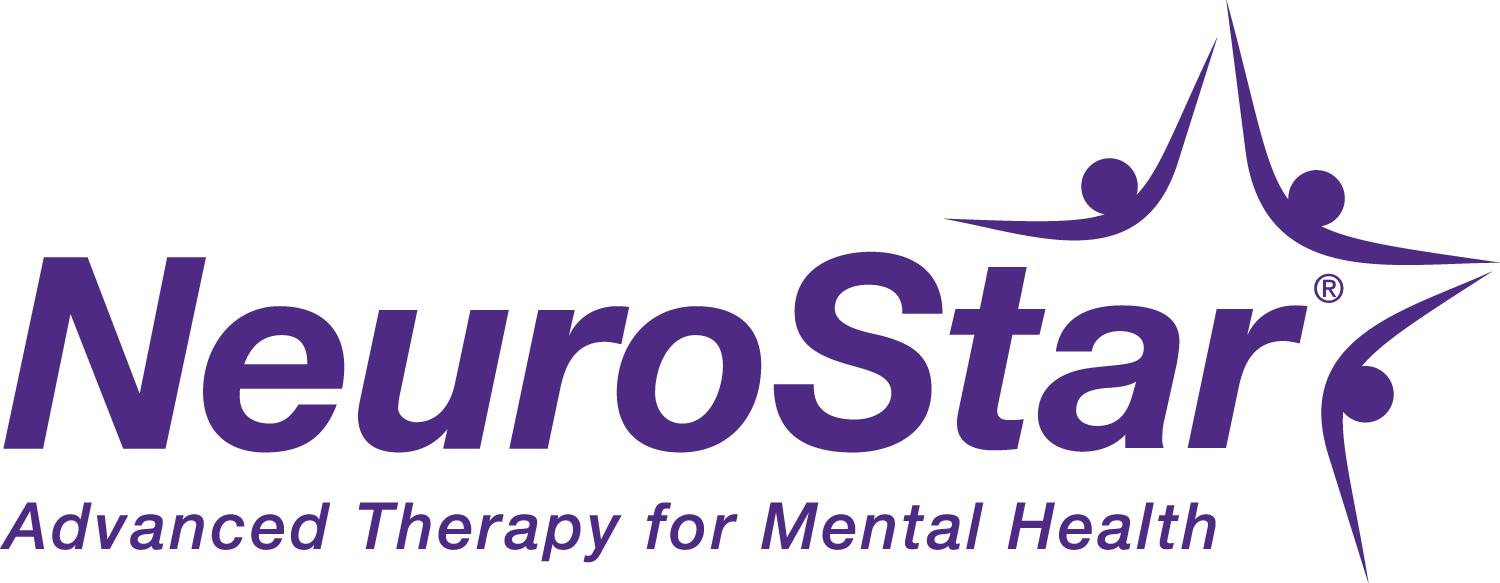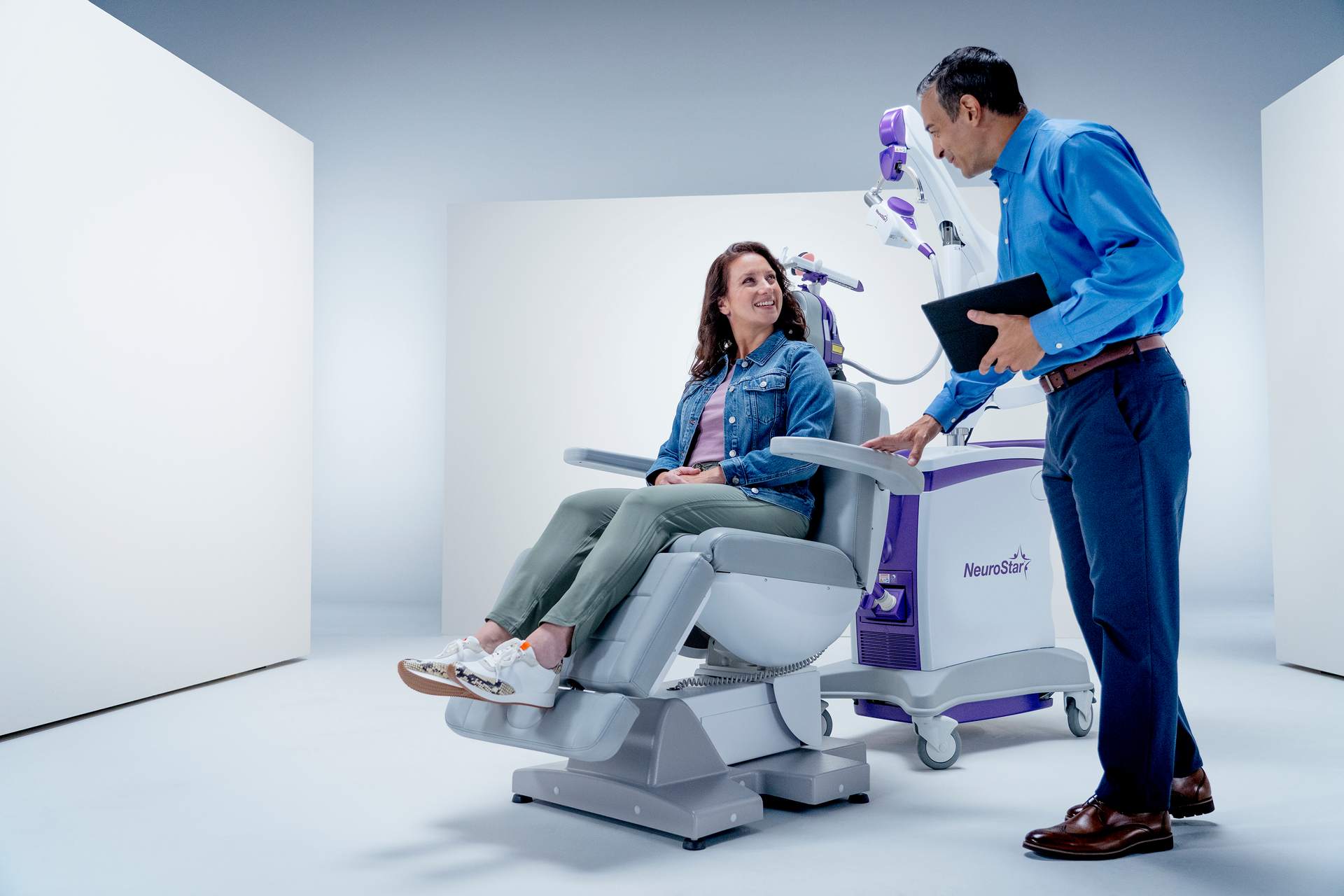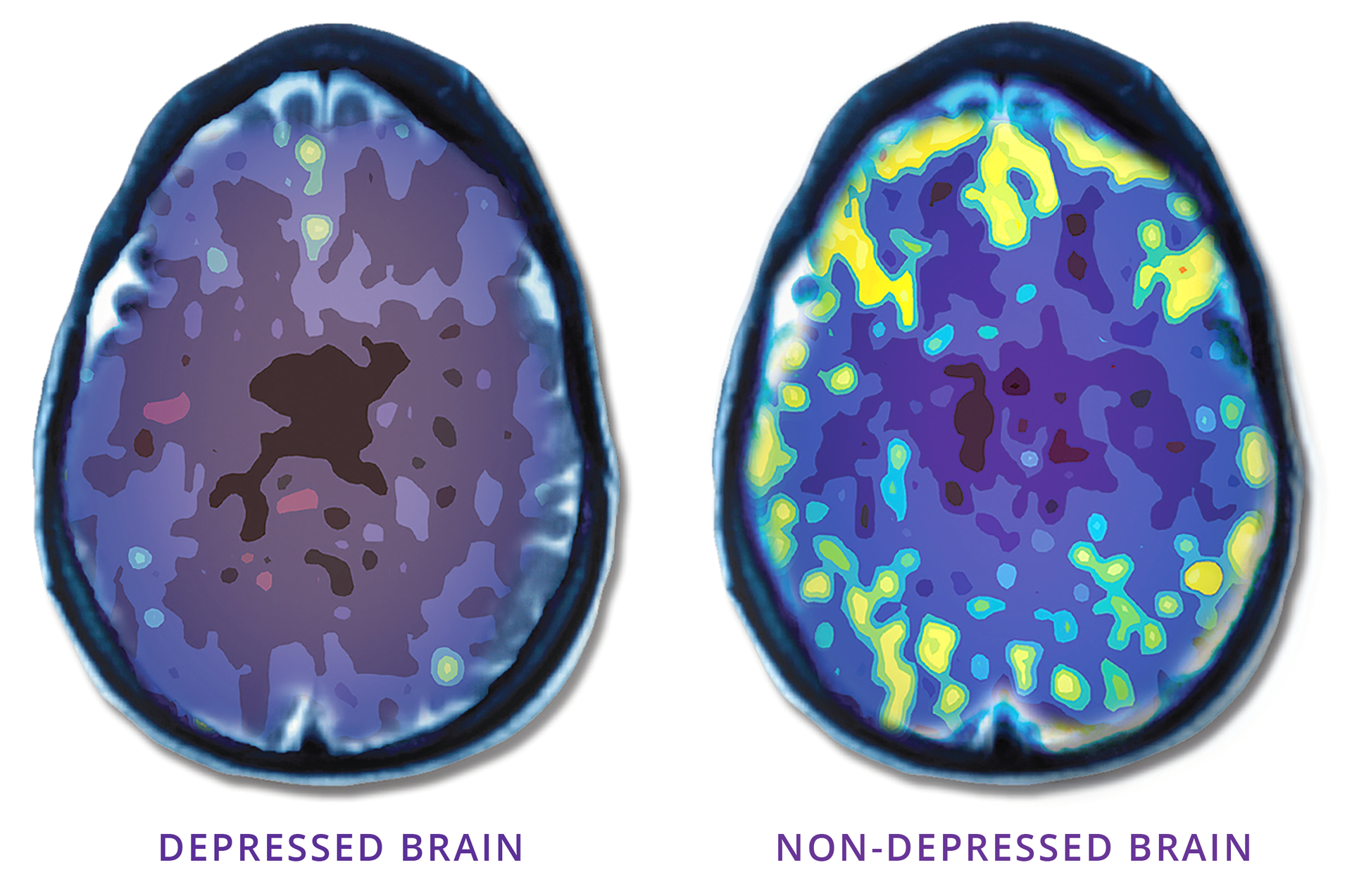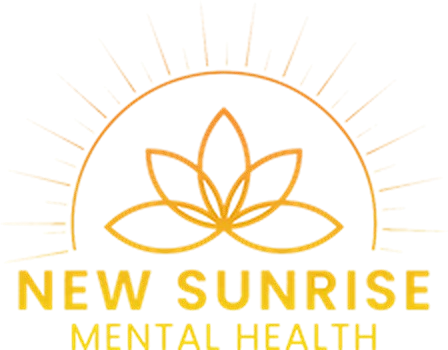NeuroStar TMS Treatments
Explore NeuroStar TMS Therapy: learn about its benefits, how it works, and read testimonials. Watch informative videos and find answers to common questions about this innovative treatment for depression and OCD.
The NeuroStar Advanced Therapy System is indicated for the treatment of depressive episodes and for decreasing anxiety symptoms for those who may exhibit comorbid anxiety symptoms in adult patients suffering from Major Depressive Disorder (MDD) and who failed to achieve satisfactory improvement from previous antidepressant medication treatment in the current episode.
The NeuroStar Advanced Therapy system is intended to be used as an adjunct for the treatment of adult patients suffering from Obsessive-Compulsive Disorder (OCD). NeuroStar Advanced Therapy is only available by prescription. A doctor can help decide if NeuroStar Advanced Therapy is right for you. Patients’ results may vary.
Visit neurostar.com for full safety and prescribing information.
NeuroStar TMS Therapy
NeuroStar employs transcranial magnetic stimulation (TMS) to activate specific brain regions that are underactive in individuals with depression. Unlike ECT (electroconvulsive therapy), NeuroStar is non-invasive. Although the exact cause of depression is unknown, it's believed to stem from an imbalance in neurotransmitters, the brain's chemical messengers.
What is NeuroStar Advanced Therapy (TMS)?
In a NeuroStar session, a magnet similar in strength to an MRI machine stimulates nerve cells in the brain area that controls mood. These magnetic pulses can positively influence neurotransmitter levels, potentially leading to long-term remission.
Benefits of NeuroStar Advanced Therapy:
- Conducted in your NeuroStar doctor’s office
- Immediate return to normal activities
- No negative effects on memory or sleep
- Covered by most insurance plans, including Medicare and Tricare
With over three million treatments delivered, NeuroStar offers a promising approach to achieving remission, bringing new hope to many.
Click the button below to complete the questionnaire and find out if you qualify for
TMS treatment.
How NeuroStar TMS Therapy Works
What to Expect from a NeuroStar Advanced Therapy (TMS) Session:
Before Treatment:
You'll relax comfortably in the treatment chair as a small, curved magnetic coil is gently placed on your head.
During Treatment:
NeuroStar delivers precise magnetic stimulation to specific brain areas. You'll hear a clicking sound and feel a tapping sensation on your head.
After Treatment:
Sessions last between 19 and 37 minutes, depending on your doctor's recommendation. You can resume normal activities immediately. Since there are no effects on alertness or memory, you can drive yourself to and from treatment. Treatments are typically administered 5 days a week for 4-6 weeks.
TMS Clinical Trials & Academic Studies
Carpenter LL, et al. (2012)
This multisite study examined acute treatment outcomes with repetitive transcranial magnetic stimulation (rTMS) for
major depressive disorder. Significant symptom improvements were observed, supporting rTMS as an effective option for patients unresponsive to antidepressants.
Carpenter LL, et al. (2012). Transcranial Magnetic Stimulation (TMS) for Major Depression: A Multisite, Naturalistic, Observational Study of Acute Treatment Outcomes in Clinical Practice. Depression and Anxiety, 29(7):587-596.
George MS, et al. (2010)
This sham-controlled randomized trial investigated the efficacy of daily left prefrontal TMS therapy for
major depressive disorder. Results showed that active TMS was significantly more effective than sham treatment in reducing depressive symptoms, confirming its therapeutic benefits.
George MS, et al. (2010). Daily Left Prefrontal Transcranial Magnetic Stimulation
Therapy for Major Depressive Disorder: A Sham-Controlled Randomized Trial. Arch
Gen Psychiatry, 67(5):507-516.
www.ncbi.nlm.nih.gov/pubmed/20439832
Dunner DL, et al. (2014)
This observational study followed patients with pharmacoresistant
major depressive disorder who received TMS over one year. The findings indicated that the benefits of TMS were durable, with many patients maintaining improvements in depressive symptoms throughout the follow-up period.
Dunner DL, et al. (2014).
A Multisite, Naturalistic, Observational Study of Transcranial Magnetic Stimulation (TMS) for Patients with Pharmacoresistant Major Depressive Disorder: Durability of Benefit Over a 1-Year Follow-Up Period. J Clin Psychiatry. 75(12):1394-1401.
www.ncbi.nlm.nih.gov/pubmed/25271871
O’Reardon JP, et al. (2007)
This randomized controlled trial assessed the efficacy and safety of TMS in treating major depression. The study concluded that TMS significantly reduced depressive symptoms compared to the placebo, with a favorable safety profile, making it a viable treatment for depression.
O’Reardon JP, et al. (2007).
Efficacy and Safety of Transcranial Magnetic Stimulation in the Acute Treatment of Major Depression: A Multisite Randomized Controlled Trial.
Biol Psychiatry, 62(11):1208-1216.
www.ncbi.nlm.nih.gov/pubmed/17573044
